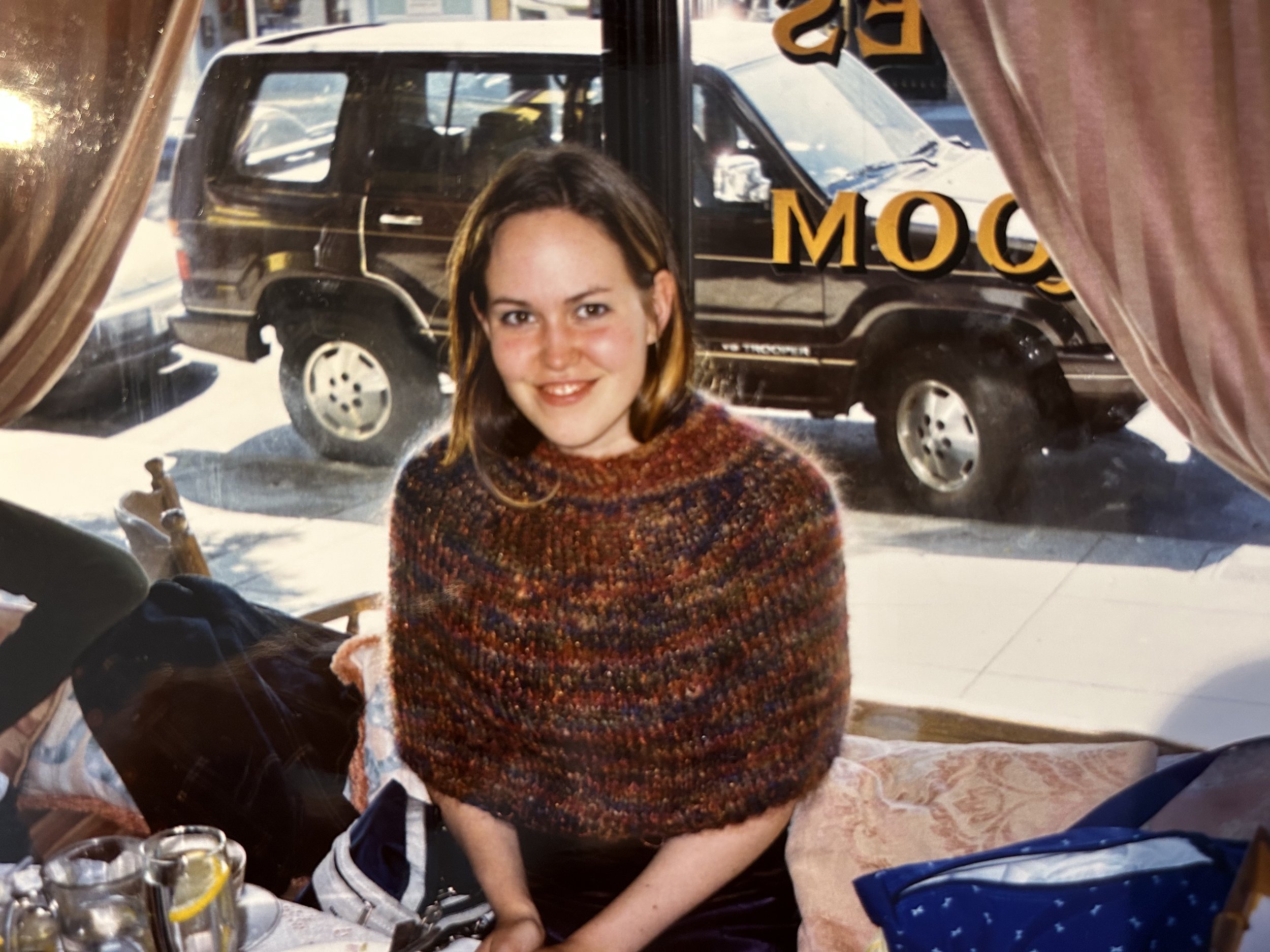HOW TO BUILD A WRITING LIFE
THIS POST WAS ALSO RECORDED FOR THE SECRET LIBRARY PODCAST
Prefer to listen? Click here.
What is the goal you have for your writing?
Goal can be kind of an icky word. It feels really hustle culture and feels like an energy of grinding something out.
So I don't want to introduce that question in that sort of spirit.
Think about when you were little and what you wanted from writing.
What did you imagine?
What did you hope?
What was your big dream?
That's what I mean by the goal for your writing.
Maybe “what is the dream for your writing?” is a better question.
I encourage you to journal about it, if possible, soon after reading this blog post, because we're going to come back to that question in a later post in this series.
Once we've considered a lot of the themes that we'll explore together, that answer will feel even better, like you are easing into a direction that feels really good. At least that's my hope.
Here’s the story of how I built my cobbled-together writing life
And I don't want you to have the impression that this is some quick fix checklist.
You're not necessarily going to get there in two months, or even two years. That’s ok.
This is a series of wrong turns, mistakes, occasionally getting it right, stories of being too scared to take the step that I wanted to, and the consequences of ultimately making those choices.
This process has taken, and it makes me a little ill to say it, 20 years.
So not ready, while thinking I absolutely was ready, to be a “proper” writer.
It began when I was 25.
I had finished my master's degree in psychology. I was about to be a registered intern to become a psychotherapist. Yes, that young creature above had been seeing clients for over a year.
While I had loved studying and while I loved working with people in certain capacities, I realized that this was not the direction I ultimately wanted to take.
The reason I didn't want to be a psychotherapist was because I wanted to be a writer.
And I realized that I had been building this process. I had been taking all the steps that I had taken because I was fascinated by people and how they worked.
But what I really wanted to do was write about them. At 25, I left my perfectly good job determined to figure out how I could become a writer.
We’ll continue this story in a series of posts. Stay tuned for part 2.




